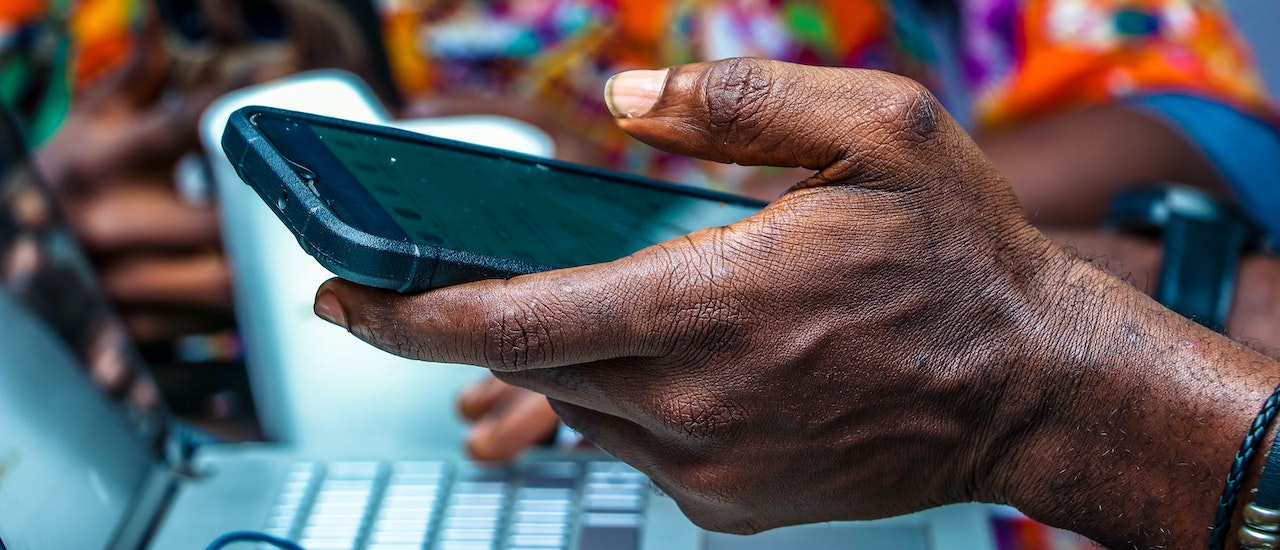In November 2023, the Guinean junta launched a new wave of curtailment of civic space, with a particular focus on freedom of expression. With Internet blackouts, newspaper bans and arrests of media professionals, everything is being done to prevent the ongoing repression from spreading beyond the country's borders.
Since November 24, 2023, the junta has blocked several social media platforms such as Facebook, Messenger, WhatsApp, Instagram, requiring citizens to use a VPN to connect around these restrictions. At the same time, since November 27, 2023, several media companies have faced threats of closure from the government. These threats have taken the form of jamming the frequencies of radio stations such as FIM FM, Espace FM and Djoma FM, the withdrawal of several TV channels (Evasion, Djoma TV and Espace TV) from the Canal+ bouquet, and the intermittent blocking of news websites. The High Authority for Communication (HAC) justifies these measures by invoking a national security imperative, without giving further details.
On January 19, 2024, the General Secretary of the Press Union, Sekou Jamal Pendessa, was arrested for voicing his opposition to the authorities' abuse of the country's private media. He has been charged by the Dixinn Court of First Instance with "participation in an unauthorized demonstration on the public highway and publication of information likely to disturb security and public order". After several weeks in detention, the trade unionist has still not been brought to trial.
"Internet is not a right" proclaimed Ousmane Gaoual Diallo, Minister of Posts and Telecommunications and Government Spokesman, on December 1, 2023, attempting to justify the suspension of internet services by "malfunctions" on his submarine cable. This, despite the fact that in its resolution of June 27, 2016, the UN condemned "measures aimed at deliberately preventing or disrupting access to or dissemination of information online"[1]. Likewise, on November 4, 2016, the ACHPR adopted resolution 362 calling on "States parties to respect and take legislative and other measures to guarantee, respect and protect the right of citizens to freedom of information and expression through access to Internet services"[2].
As a result, Tournons La Page and Internet Without Borders:
- Consider that the Internet is not only a right for citizens, but also a duty for states to make it available to their populations;
- Denounce vigorously these serious attacks on freedom of expression and freedom of the press;
- Call on the authorities to lift the Internet restrictions, stop intimidating the press and respect the fundamental rights of Guinean citizens.
February 22, 2024
Press contact:
Moyra Oblitas, moyra.oblitas@tournonslapage.org
[1] "Thirty-second session", United Nations Human Rights Council. Published on 27/06/2026. <https://ap.ohchr.org/Documents/F/HRC/d_res_dec/A_HRC_32_L20.pdf>
[2] "Resolution on the right to freedom of information and expression on the Internet in Africa - ACHPR/Res.362(LIX)2016", ACHPR. Published 04/11/2016. <https://achpr.au.int/index.php/fr/adopted-resolutions/362-resolution-sur-le-droit-la-liberte-dinformation-et-dexpression-sur-Internet>














